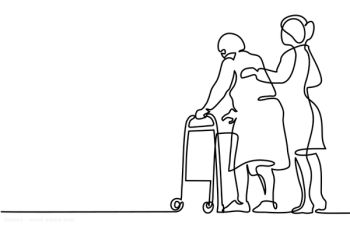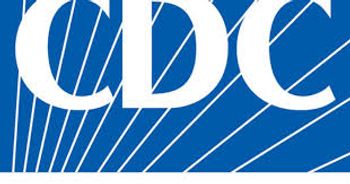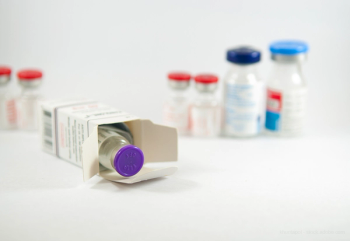
Scheduling automation and optimization enables better patient experience, increases staff satisfaction, and improves workforce efficiency.

Scheduling automation and optimization enables better patient experience, increases staff satisfaction, and improves workforce efficiency.


In today’s COVID-19 environment, care management has become more important than ever. Currently, about one in four Americans live with multiple chronic conditions, and when one considers that 80% of outcomes are determined by nonclinical factors, it’s an indisputable claim that people need help between healthcare encounters.

The opioid epidemic has led doctors and patients to look for other ways to control pain, and they’re turning to technology for answers.

He was reluctant to take the CEO job, but VanTrieste has the unique nonprofit drug manufacturer surpassing its goals and possibly branching out into the retail market.

As the coronavirus pandemic swept the U.S., state governments mandated dental offices open only for emergency procedures. But in the coming weeks, some dental practices may resume regular appointments in individual states where businesses considered “essential” are allowed to re-open.

With the outbreak, American healthcare has been thrown into the embrace of healthtech. Now it has to get comfortable there.

COVID-19’s Impact on Health, Travel, Auto, Unemployment, Business, Restaurant, Special Events and Film/TV/Production Insurance, according to a report released by InsuranceQuotes.com.

A new study highlights the role a qualified specialty pharmacist can play in driving down costs across a health plan.

Patients and their oncologists are weighing the pros and cons of delaying treatment. Once the outbreak subsides, how might the practice of oncology change?


A study of patients with inflammatory conditions who were prescribed biologic disease-modifying anti-rheumatic drugs had lower rates of chronic opioid use if they were adherent to their biologic therapy, according to new research.

FDA authorizes first stand-alone, at-home test, plus other top COVID-19 news stories.

Medical and dental care in the United States are like estranged colleagues: nominally on the same team but rarely, if ever, in touch with each other. Some value-based payment arrangements may start to mend the rift, which could both improve overall health and reduce healthcare costs.

FDA today approved Tecentriq (atezolizumab) as an initial treatment for adults with metastatic non-small cell lung cancer (NSCLC) for certain patients with high programmed-death ligand-1 (PD-L1) expression, marking the fifth approval of the immunotherapy in lung cancer and the fourth in advanced NSCLC.

The purpose of biosimilar is simple: reduce healthcare costs, pure and simple. Here are 11 trends affecting biosimilars over the last year in the U.S.

Just as we’ve seen the entire healthcare landscape change in 2020 because of COVID-19, the world of biosimilars is ever-changing.


Residents and staff have been hit hard by the disease. PPE is in short supply. The deaths are taking an emotional toll on largely unheralded workers.


If American healthcare does wind up getting divided into pre- and post-COVID-19 eras, the migration from in-person visits to telehealth ones will likely be one of the biggest developments on the right-hand side of the inflection.

But recent Mathematica evaluation of CMS' Million Hearts program shows no cost saving

You have a highly trained, hardworking and fundamentally altruistic workforce. Don’t squander it.

Doctors group says tests should be reserved for population-level studies and few other circumstances.

Lili Brillstein, CEO of BCollaborative and member of the Managed Healthcare Executive® editorial advisory board discusses how the global shut-down and stay-at-home orders due to the COVID-19 pandemic have benefitted us in many ways.

The six CDC checklists are less detailed than versions the White House deemed too perspective.

Orthopedic surgeries are the ones most likely to be canceled.

There are a variety of medications being studied for the COVID-19, and the possible treatment landscape is rapidly evolving.
